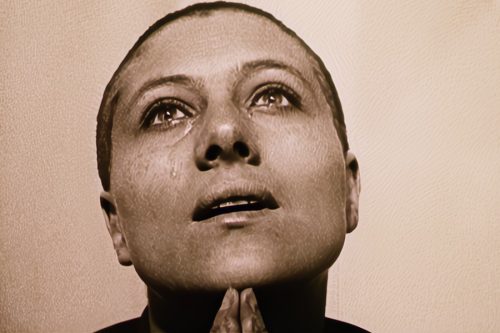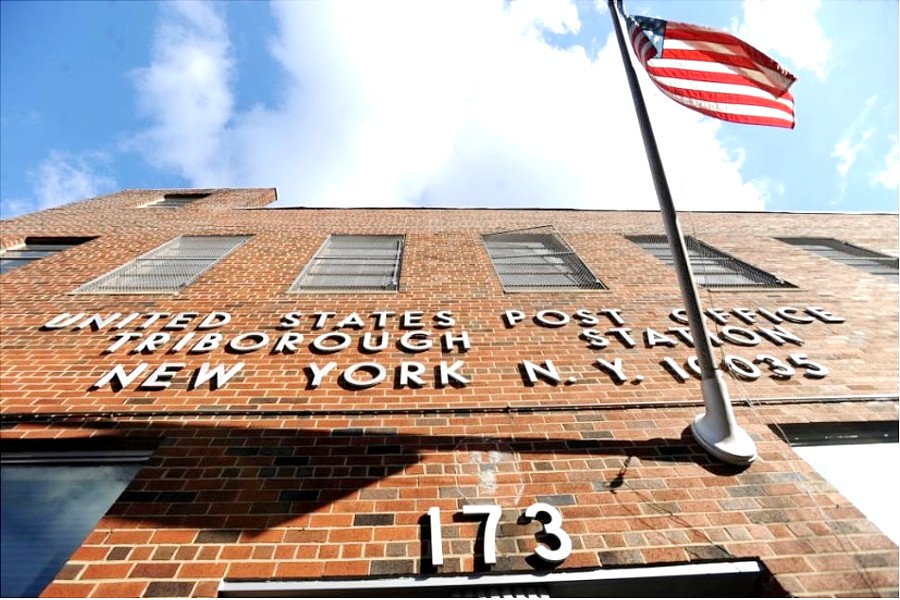
On Dec. 8, 2023, the Food and Drug Administration (FDA) approved two cell-based gene therapies for sickle cell disease (SCD), Casgevy from CRISPR/Vertex and Lyfgenia from bluebird bio.
These are the first treatments of their kind available to individuals with SCD in the United States. SCDAA welcomes the approval of these potentially curative therapies which mark major advances in the treatment of sickle cell disease; however, there are valid concerns about accessibility and the potential for adverse effects.
Dr. Lewis Hsu, chief medical officer of the Sickle Cell Disease Association of America Inc. said, We at the Sickle Cell Disease Association of America Inc. celebrate that two gene therapies are approved for sickle cell disease by the FDA today, Dec. 8. This double milestone was a long time coming, and sickle cell disease now joins the ranks of other genetic diseases with gene therapy treatments. Sickle cell disease was called “the first molecular disease” about 70 years ago, and a gene therapy treatment was predicted for sickle cell disease in the 1950s when DNA was first described.
These two gene therapies mark a big step forward for sickle cell disease research and treatment. The results of the clinical trials are very impressive. The patients selected had a lot of pain (two or more vaso-occlusive crisis pain hospitalizations per year for two years). The data show that, after gene therapy was administered, nearly all patients were free of hospitalizations for vaso-occlusive crises for at least nine consecutive months. The patients’ health-related quality of life also improved in every way: physically, emotionally, socially and functionally with both gene therapies.
Regina Hartfield, president and CEO of the Sickle Cell Disease Association of America Inc. said, Gene therapy is an exciting and potentially curative addition to the treatments available to sickle cell warriors. This is a historic milestone, but everyone may not be eligible for gene therapy. We must continue to move forward with research to ensure that there is a solution for every member of our community.
Is gene therapy a cure for sickle cell disease?
The Sickle Cell Disease Association of America Inc. recognizes gene therapy as a “potentially curative” therapy. The treatment is so new that more data is needed to understand its impact and patient prognosis. Additionally, the word “cure” suggests a simple solution that does not reflect the reality of these therapies. Even after completing treatment, the FDA recommends 15 years of patient monitoring for health issues.
What is the treatment like?
The patient journey will be similar for both Casgevy and Lyfgenia. Gene therapy is administered during a one-time infusion; however, there are steps that patients must take to prepare for the treatment. First, the patient’s care team will collect stem cells, which are the progenitors of red blood cells, from their body. Then, those cells will be treated in a lab. The patient will undergo chemotherapy to remove the original, abnormal stem cells from the bone marrow. After this process is complete, the treated stem cells are injected back into the patient through an intravenous process like a transfusion (not surgery). The whole procedure takes about a year. It is similar to autologous bone marrow transplantation, as there is no need to find a donor of stem cells.
What is the difference between the two therapies?
The two gene therapy strategies are scientifically different. Casgevy is gene editing, the first of its kind, and Lyfgenia uses gene addition. Both gene therapy strategies have about the same patient journey and potential issues: access, cost, infertility, unknown possibility of organ damage and unknown long-term effects.
How effective is it?
Gene therapy provides a significant reduction in acute episodes of sickle cell pain within a few years of administration. More years of follow-up will be needed to determine whether it will also reduce the organ damage of sickle cell disease and if the stem cells treated with continue to produce non-sickling red blood cells for the rest of the person’s life, or if the stem cells die off over a certain number of years. Currently the treatment requires chemotherapy, which means there are also concerns about chemotherapy-associated complications, such as infertility or secondary cancer.
When will gene therapy be available for use?
Gene therapy will likely be available in early 2024.
Who is eligible?
We are awaiting the details but probably for use in individuals ages 12 and up.
Where is gene therapy administered?
Individuals with SCD can receive gene therapy at existing bone marrow treatment facilities with sickle cell expertise, which may pose accessibility issues to patients. SCDAA encourages gene therapy centers to partner with sickle cell centers, such as in the National Alliance of Sickle Centers, so that there is expertise to monitor for sickle cell organ damage.
How much will it cost? Will insurance cover gene therapy?
Gene therapy treatments are produced through expensive, highly technical processes. The cost estimates for treatment are $2 million and up. However, the high price should be worthwhile as the savings in lifelong care may exceed the one-time cost of gene therapy. FDA-approved high-cost medications come with insurance barriers and rules that are not evidence-based.
What do these approvals mean for people living with sickle cell?
These approvals are expected to be life-changing for many and usher in a new age of treatment for sickle cell disease. Until now, the only way to cure sickle cell disease was through a bone marrow transplant, which is not a widely accessible option because it requires a matched bone marrow donor. Gene therapy does not require a donor; therefore, it has the potential to be a more widely available treatment.
What does it mean for sickle cell treatment in the future?
Casgevy and Lyfgenia are the first gene therapy treatments approved by the FDA for sickle cell disease. They open the door for other gene therapies to gain approval and help advance research into other potentially curative treatments. At the same time, there are concerns that these approvals will create an increase in competition for health care resources that could make it difficult to access other forms of treatment outside of gene therapy. Many people will not be eligible to receive gene therapy. To provide the highest quality of care to these individuals, we need to continue research into a variety of treatment options beyond gene therapy.
What are the implications for the medical community at large?
More broadly, Casgevy is the first FDA-approved CRISPR gene editing therapy for a genetic disease. This could have wide-reaching impacts for individuals with other conditions like cystic fibrosis, Tay-Sachs disease and others.
Where can I find more information?
Research into Casgevy and Lyfgenia specifically is ongoing; however, there is a wide variety of information about gene therapy for sickle cell disease available as it relates to clinical trials.
- The Democratizing Education for Sickle Cell Gene Therapy Project created materials with input from individuals with SCD and their families. Read their FAQs and visit their website.
- SCDAA has produced several videos on gene therapy. Watch the gene therapy masterclass and this webinar to learn more.
- OneSCDVoice hosts gene therapy resources on their Gene Therapy 101 page.
- The Dec. 8 FDA approval statement for Casgevy and Lyfgenia.
Sickle Cell Disease Association of America Inc. advocates for people affected by sickle cell conditions and empowers community-based organizations to maximize quality of life and raise public consciousness while advancing the search for a universal cure.
The association and more than 50 member organizations support sickle cell research, public and professional health education and patient and community services. (www.sicklecelldisease.org)

- Hamilton Lodge Ball, Recognized As The First Drag Ball In The United States, 1869-1937
- Caught In A Legal Battle? Here’s Why You Need A Strong Defense
- Benefits Of Cloud Storage In Healthcare: On The Wave Of The Latest Advances
- 5 Benefits Of Outsourcing Debt Collection To Professionals
- Sleep Apnea Testing Done At Home
Become a Harlem Insider!
By submitting this form, you are consenting to receive marketing emails from: Harlem World Magazine, 2521 1/2 west 42nd street, Los Angeles, CA, 90008, https://www.harlemworldmagazine.com. You can revoke your consent to receive emails at any time by using the SafeUnsubscribe® link, found at the bottom of every email. Emails are serviced by Constant Contact








